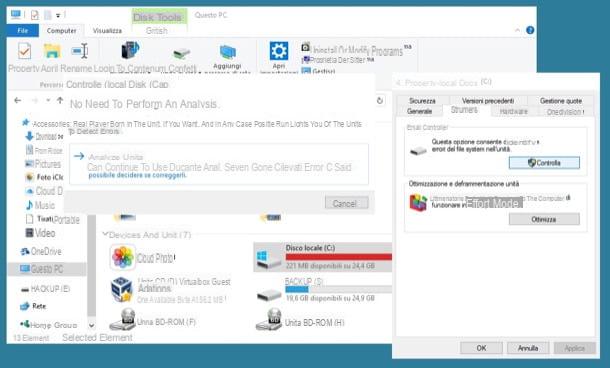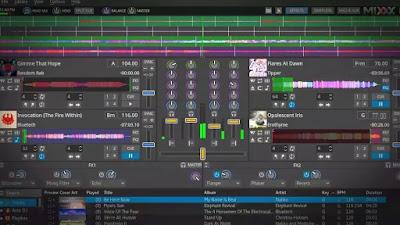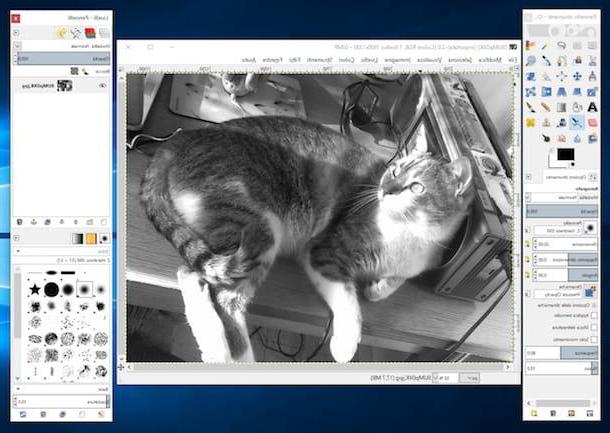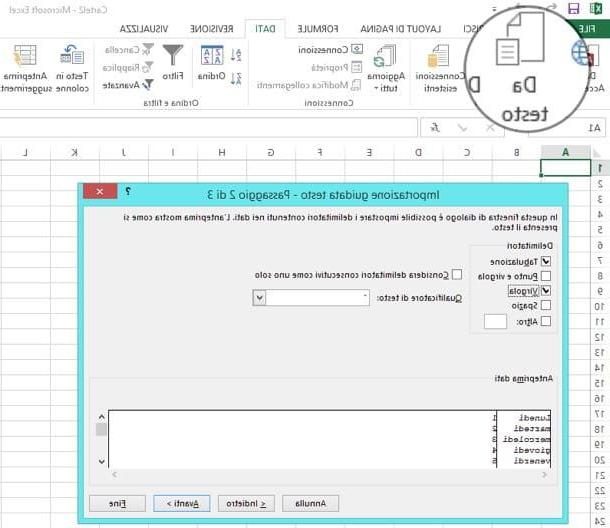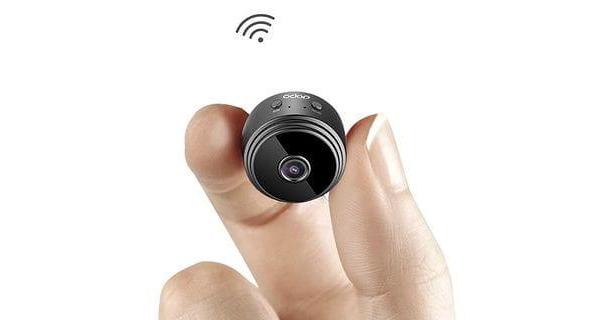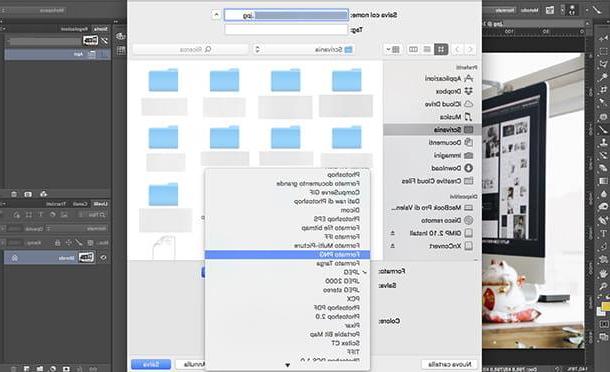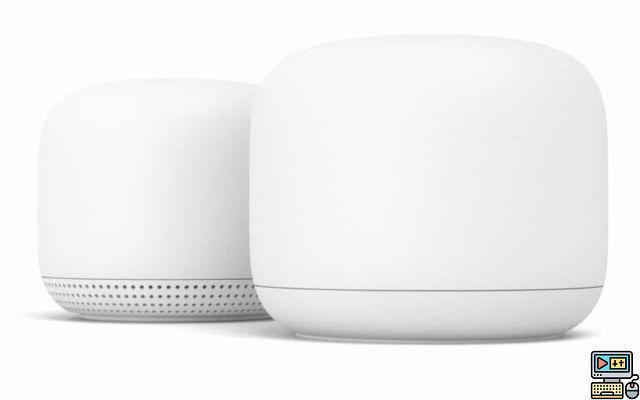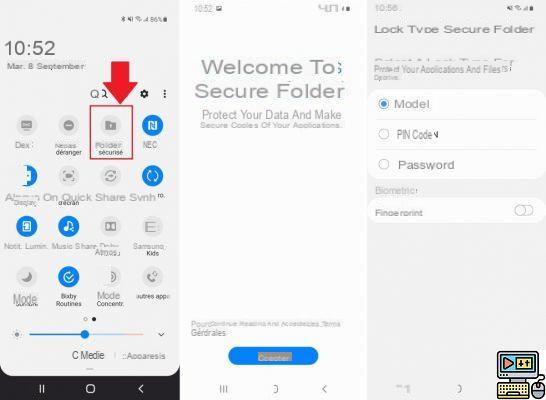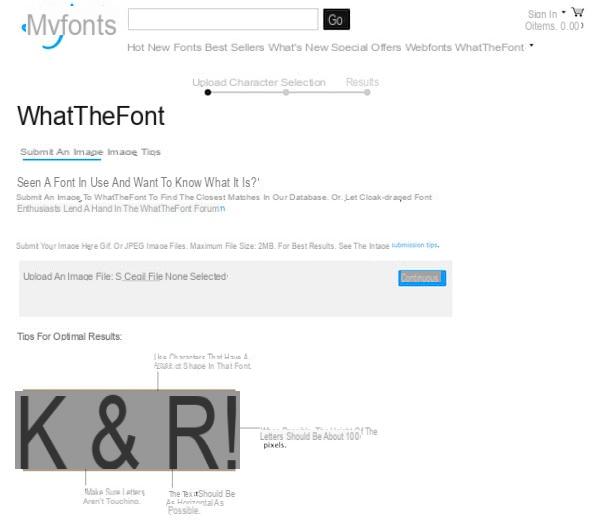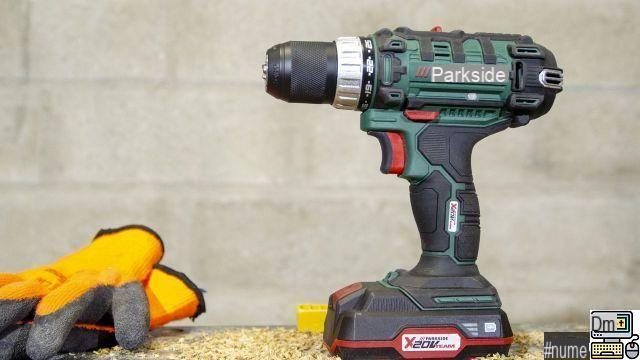
Parkside is Lidl's private label for DIY and counts among these ranks the PABS 20-Li D5, a screwdriver drill sold at a very aggressive price.
Presentation
The Lidl retail chain offers a range of DIY tools and accessories under the Parkside brand. The latter is the equivalent of Silvercrest, a brand devoted to high-tech devices from the German company. Under the Parkside pavilion, Lidl offers everything from circular saws to drills and jackhammers. As often, these tools are offered at rock bottom prices for short cyclical periods.
The Parkside PABS 20-Li D5 screwdriver drill is a cordless model that works with 20 V Li-ion batteries. It promises a torque of 40 Nm and a rotation speed of up to 1400 rpm. Rather basic characteristics for such a tool. But its main asset remains its selling price: less than 40 € in the Lidl store. A price at which there is virtually no competition on paper.
Ergonomics
By discovering the Parkside drill, we understand that the first concessions are made on the finishes. The hard plastic used to partly cover the housing and the handle leaves us perplexed. Fortunately, it is supported by a rubber protecting the roughness of the PABS 20-Li D5. The painting of certain elements sometimes gives the impression of being faced with a toy. Difficult to be fully reassured by this drill. Plastic is also not recognized as the best material to dissipate the heat that emanates from the engine.
For a model that does not benefit from the percussion function, the PABS 20-Li D5 is bulky. It is more imposing than a Metabo SB 18 L, yet more versatile. With 1,25 kg without battery and 1,7 kg once equipped with a 2 Ah battery, the Parkside drill is one of the fairly heavy machines. This weight is felt quickly in case of prolonged use at arm's length. To compare, know that the Black + Decker BL188 hammer drill only weighs 1,59 kg with a larger battery.
The handle offers a correct grip of the machine. We would have liked the rubber grip that partially covers the surface to be more gripping for better support. The trigger is a huge disappointment. While it should normally accommodate a drive to adjust the speed as needed, the PABS 20-Li D5 drill seems to have only binary operation (on or off). The slightest touch of the trigger sends all the rotational power directly to the chuck, without any progressiveness. The Parkside drill therefore runs all the time at full speed and should be banned for all uses that require a minimum of finesse, as we will explain below.
Despite the concessions, this drill does not forget a few welcome features. It has in particular a led at the base of its handle, allowing to illuminate the area on which one intervenes. This led is not very powerful, but has the merit of being there. On each side of the housing, the PABS 20-Li D5 has a magnetic slot for a screw bit to keep it within easy reach. A belt hook is also offered. It is as often possible to remove it.
The metal keyless chuck gives the bits and drill bits a fairly good hold. Drills with a maximum shank diameter of 13 mm can be accommodated here. The chuck's textured surface is slightly lacking in grip for quick tightening. In any case, it remained very tight during our tests.
At the base of the chuck, the Parkside PABS 20-Li D5 features a torque adjustment ring. This same ring is used to switch from screwing mode to drilling mode. It opposes sufficient resistance not to move without being wanted. The speed selector placed on the top of the drill is a bit hard to operate.
Parkside's X20V battery mounting system is simple to use. Simply slide the battery into the base of the handle to snap it into place. To remove it, simply press a button on the front of the battery. Three LEDs allow you to get an idea of the amount of energy remaining in the battery.
Screwing
Our screwing test includes that of a 5 x 70 mm wood screw, and that of an 8 x 100 mm lag screw. A pre-drilling of 5 mm is made for the second, none for the first. This test is applied in fir and oak cleats of 60 x 60 mm.
With 40 Nm, the Parkside PABS 20-Li D5 driver drill does not promise wonders for screwdriving. However, the 25 levels of torque adjustment promise an interesting finesse. Unfortunately, everything is ruined by the fact that Lidl's screwdriver is not able to offer low speeds. We measured 320 rpm at minimum in speed 1 and 1050 rpm in speed 2. Values more than 20 times higher than those we find on a good model like the Metabo SB 18 L. The possibility of working at low speed offers several advantages, including precision at the start of tightening and the possibility of exploiting the maximum torque of the machine. Constantly spinning the PABS 20-Li can cause problems, especially for small screws and Phillips heads.
On our test protocol, we had great difficulty inserting the 5 x 70 mm wood screw in both fir and oak. On this kind of screwing, it is necessary to start slowly so as not to take a bad angle from the start, which is impossible here. For the lag screw, you have to switch to drilling mode to make the most of the power and succeed in driving the screw. The problem remains that when going at full speed, the drill must be well held by the user so that it does not drag the arm in the event of the screw jamming. Overall, the Parkside PABS 20-Li D5 is a poor screwdriver.
Drilling
For our drilling tests, we use wood drill bits of 5, 10 and 15 mm, concrete drill bits of 6, 8 and 11 mm, as well as metal drill bits of 2, 6 and 10 mm. We drill into 60 x 60 mm fir and oak battens, cinder blocks, bricks and 1,5 mm thick steel bars.
Too fast, the Parkside drill is not as fast as it promises. Lidl advances maximum speeds of 400 and 1400 rpm. We measured peaks at best at 346 and 1180 rpm, i.e. deviations of 14 and 16% from the promise.
While high speed isn't a problem for going through soft wood like fir, the problem is real for oak. By spinning too fast in harder-to-drill material, the Parkside machine will tend to heat up the wood and the bit. And logically, if the wood is overheated, it starts to burn. Another consequence, a bit that heats up can lose its coating and therefore lose efficiency. Do not count more on drillings with a depth stop under penalty of going too fast and seeing the stop go up along the drill.
A soft start is also useful for steel. A material through which it will be possible to pass with the PABS 20-Li D5, but forgetting the precision of the hole made.
The lack of hammer mode makes drilling in masonry materials difficult. The Parkside PABS 20-Li D5 is capable of drilling a concrete block with a 6 mm diameter drill bit, but the drilling is quite long and will tend to overheat the drill bits. The larger diameters and the drilling in the brick are to be forgotten. Above all, we have seen that the engine can show worrying signs of overheating if it is subjected to too much strain. We noticed the appearance of a little smoke after a heavy workload. This is not reassuring for the life of the machine.
Noise
The limited rotation speed allows the drill driver from Lidl to be quite discreet. We measured a sound pressure of 65 dB(A) at a distance of one meter, both in speed 1 and in speed 2. This makes it to date the quietest drill in our comparison. But is it really an asset when you are also the least efficient? Not really...
Autonomy and load
The Parkside PABS 20-LI D5 is marketed with a 20 V / 2 Ah battery which gives it very satisfactory autonomy. With no load, the drill was able to run at full speed for 38 minutes. A better score than the 28 minutes of a battery of the same capacity on a Ryobi R18PDBL.
The good surprise also comes from the rather fast charger supplied with the machine. The latter increases the capacity of the 2 Ah battery from 0 to 100% in 56 minutes.
Highlights
Autonomy.
Quick charge.
Lighting LEDs.
Weak points
Too little speed amplitude.
Imprecise screwings.
Difficult or even impossible drilling in hard materials.
Finishes.
Weight.
Clutter.
Conclusion
Note globaleIf we can forgive certain things to an entry-level screwdriver drill, it is more difficult to forget that it sins both for screwing and for drilling. The Parkside PABS 20 Li D5 is not even recommendable for simple small jobs. Any precision is excluded with this cordless tool which has for him only an endurance which one will never be able to really benefit from. Added to this are the engine overheating problems that are not very encouraging. If your budget is really very small, we recommend a Tacklife PCD04B, certainly not very efficient either, but which will ensure a minimum for simple tasks.
Sub Notes Read more




